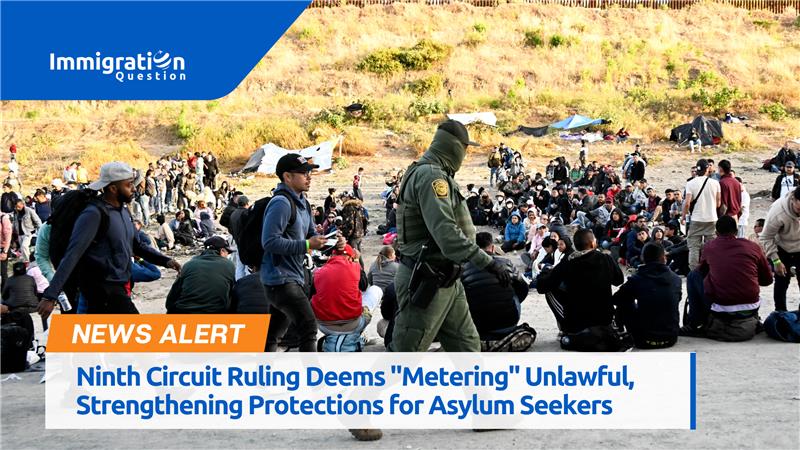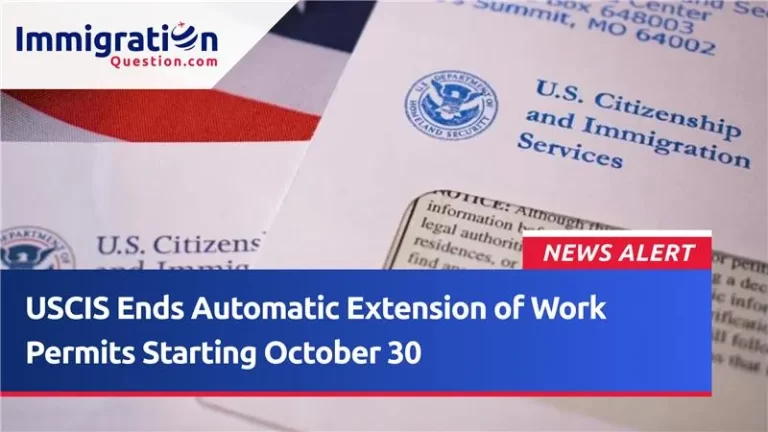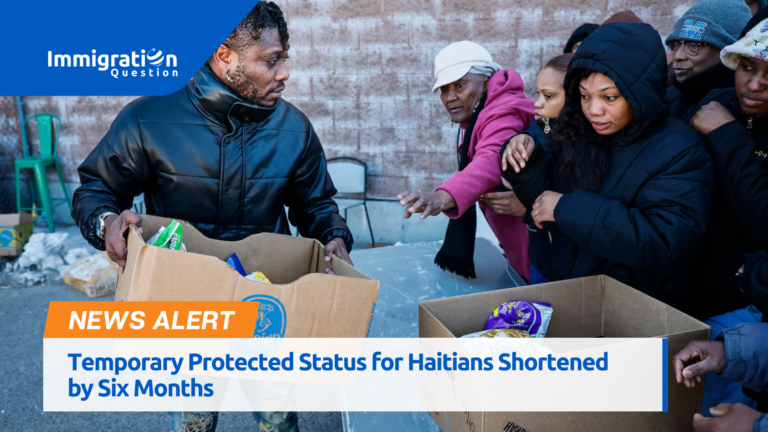In a landmark ruling, the U.S. Court of Appeals for the Ninth Circuit recently declared that the controversial “metering” policy, which restricts the number of asylum seekers allowed entry at designated border ports, violates federal and international law.
The court’s decision is a significant victory for immigrants’ rights advocates who have long argued that “metering” effectively denies asylum seekers their right to seek refuge in the United States. This new ruling intensifies the legal protections for asylum seekers and highlights the complexities surrounding U.S. immigration law and border policies.
Understanding Metering
The “metering” policy was first implemented under the Obama administration and expanded during the Trump administration. Under metering, U.S. Customs and Border Protection (CBP) agents limit the number of individuals allowed to approach U.S. border officials to request asylum each day. In practical terms, this means that asylum seekers were placed on “waitlists,” often forcing them to remain in high-risk areas of Mexico for extended periods.
This policy was initially justified as a response to an overwhelming influx of asylum seekers and limited processing capacity at border facilities, with CBP citing security concerns and resource limitations.
The Ninth Circuit’s Decision
The Ninth Circuit Court of Appeals ruled that the “metering” policy violated U.S. asylum law, guaranteeing the right to seek asylum at a port of entry. The Ninth Circuit panel concluded that metering violates the U.S. Immigration and Nationality Act (INA) and international protocols on refugee rights, arbitrarily limiting access to asylum and not providing a meaningful opportunity for asylum seekers to present their claims.
The court found that the metering practice was used to deter asylum seekers and to restrict the number of individuals allowed to enter the United States legally. By forcing these individuals to remain in Mexico, often in dangerous and insecure conditions, the policy denied them the protections intended under both national and international asylum laws.
The court’s decision is a significant win for asylum seekers and advocates who have long argued that the “metering” policy was inhumane and illegal. It reinforces the principle that asylum seekers have the right to seek protection at the border, regardless of their country of origin or the number of people seeking asylum.
How the Ruling Affects Asylum Seekers
This decision will likely have broad implications for U.S. immigration policy, especially at the Southern border. By deeming metering unlawful, the Ninth Circuit has opened pathways for thousands of individuals waiting at border crossings to be processed. Immigration advocates argue that this ruling reinforces the idea that all asylum seekers, regardless of their country of origin, have the right to approach the U.S. border and request protection without fear of rejection or prolonged wait times due to policies like metering.
Legal professionals and immigration advocates view the decision as a significant win, but it is uncertain how this will impact overall immigration policy, particularly regarding processing capacity. The ruling may also face further appeals or challenges from those who argue that the influx of asylum seekers could strain resources. Still, advocates maintain that the ruling aligns with U.S. law and international human rights and refugee protection principles.
What’s Next?
With the ruling now in place, the Biden administration is expected to review and amend existing border entry and asylum processing practices. This may include new guidelines for CBP agents and border facilities to manage entry requests without resorting to policies that deny due process rights. Legal analysts expect this ruling could have far-reaching effects on other immigration-related cases currently under review, setting a precedent for ensuring lawful access to the U.S. for those seeking asylum.
To stay updated and informed, keep an eye out for our news section or drop your immigration queries for professional attorneys to reply on Immigration Question.










